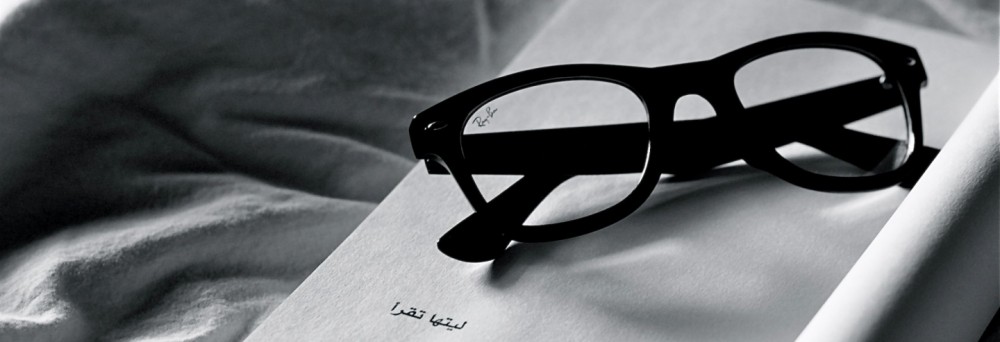In the 1980’s, Carol Ann Duffy wrote the following poem:
Education for Leisure
Today I am going to kill something. Anything.
I have had enough of being ignored and today
I am going to play God. It is an ordinary day,
a sort of grey with boredom stirring in the streets.
I squash a fly against the window with my thumb.
We did that at school. Shakespeare. It was in
another language and now the fly is in another language.
I breathe out talent on the glass to write my name.
I am a genius. I could be anything at all, with half
the chance. But today I am going to change the world.
Something’s world. The cat avoids me. The cat
knows I am a genius, and has hidden itself.
I pour the goldfish down the bog. I pull the chain.
I see that it is good. The budgie is panicking.
Once a fortnight, I walk the two miles into town
for signing on. They don’t appreciate my autograph.
There is nothing left to kill. I dial the radio
and tell the man he’s talking to a superstar.
He cuts me off. I get our bread-knife and go out.
The pavements glitter suddenly. I touch your arm.
And it’s been in GCSE poetry anthologies ever since. Well, until 2008, when exam boards buckled under pressure from teachers and removed the poem from their anthologies because of its violent content.
Now, I was taught this poem in 2006 whilst studying for my GCSEs. I didn’t think it was overtly violent, and it certainly didn’t encourage me to go out and kill someone. And yet, this poem has been banned in many schools because of fears it would encourage students to commit knife crime. Apparently, teachers had been making complaints about this poem for years, one teacher from a school near Hull, commenting: “It really does worry me that we could be endorsing violent feelings. It is about an unemployed individual who seeks recognition by killing. It is a very powerful poem – but that is my point, we do not want blood on our hands.”
Dramatic much?
One exam invigilator, Pat Schofield, one of the most outspoken people to welcome the ban, said: “I think it is absolutely horrendous – what sort of message is that to give to kids who are reading it as part of their GCSE syllabus?”
Again, very dramatic.
But this is the part of the story I love. Carol Ann Duffy responded. With a poem:
Mrs. Schofield’s GCSE
You must prepare your bosom for his knife,
said Portia to Antonio in which
of Shakespeare’s Comedies? Who killed his wife,
insane with jealousy? And which Scots witch
knew Something wicked this way comes? Who said
Is this a dagger which I see? Which Tragedy?
Whose blade was drawn which led to Tybalt’s death?
To whom did dying Caesar say Et tu? And why?
Something is rotten in the state of Denmark – do you
know what this means? Explain how poetry
pursues the human like the smitten moon
above the weeping, laughing earth; how we
make prayers of it. Nothing will come of nothing:
speak again. Said by which King? You may begin.
This poem is such a clever response in my opinion. Why has ‘Education for Leisure’ been censored, when violence is regularly depicted in the plays of the most prominent author in the English canon, William Shakespeare? Using references from plays such as The Merchant of Venice: ‘You must prepare your bosom for his knife,/said Portia to Antonio/in which of Shakespeare’s Comedies?’, Romeo and Juliet: ‘Whose blade was drawn which led to Tybalt’s death?’, and Macbeth: ‘And which Scots witch knew/Something wicked this way comes?’, Duffy makes her point very clear.
I am a huge Shakespeare fan, but I agree with Duffy; Pat Schofield seems to have forgotten all the other references to knife crime in the English literary canon.
As I said at the beginning, reading ‘Education for Leisure’ in class didn’t make me go out that evening and knife someone. Nor did it make any of my classmates do so. And if a student does go out with a knife in an attempt to maim or kill another person, I really don’t think we should be blaming a poem.
